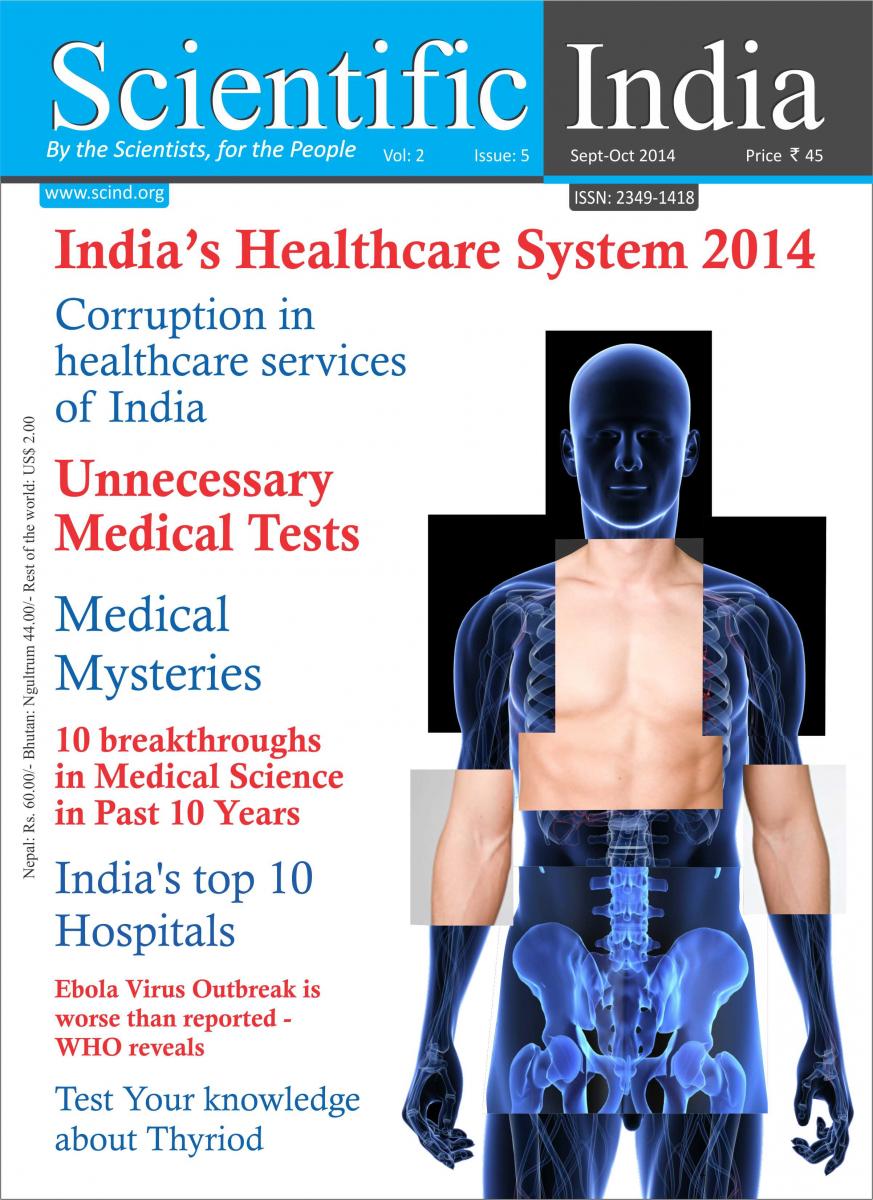Fish Spoilage In The Tropics: A Review

Department of Biological Sciences, Benue State University Makurdi Nigeria.
Fish is a perishable commodity,spoilage begins immediatelyafter harvest by autolytic bacteriaespecially, in the tropics, hence the objectives of the review paper were to highlight the causes of fish spoilage and identify the possible ways of reducing the spoilage. As fish spoils, its nutritional value decreases, the bacteria causing the spoilage degrade the fish protien, bacteria action produces nitrogenous compounds with obnoxious odour and the affected fish become unattractive to the consumer. Spoilage in fresh fish can produce toxins which cause food poisoning; histamine contamination is prevalent among pelagic fish such as Mackerel and Sardine. Pathogenic bacteria contamination of fresh fish caused by poor handling and washing the fish in polluted water can also cause food poisoning. Fish spoilage results from three basic mechanisms: Enzymatic autolysis, oxidation, microbial growth. There is need to address these problems so as to minimize spoilage.
Key words: Fish, spoilage, Autolysis, Bacteria action, Microbial growth.
